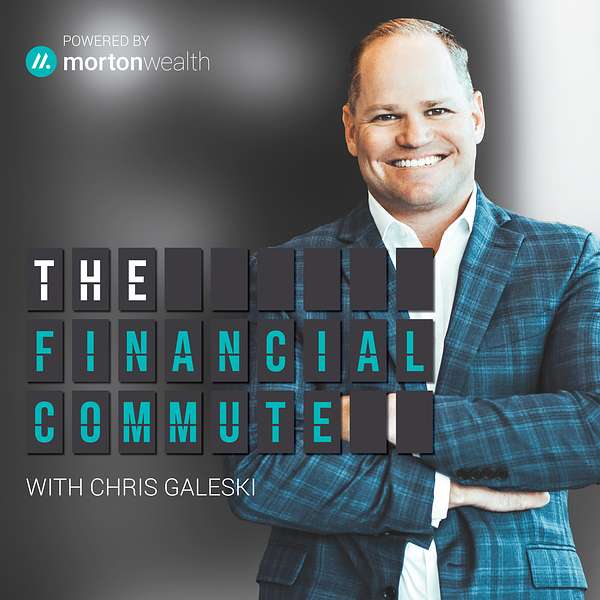
THE FINANCIAL COMMUTE
Hosted by Wealth Advisor Chris Galeski, THE FINANCIAL COMMUTE is a weekly podcast that gives the rundown on what's going on in the current market, how it affects you, and what you can do about it – all designed to fit into your commute. Each week Chris welcomes an expert guest, including Morton Wealth advisors, fund managers, and investment analysts, to break down complex financial topics. Our goal for this podcast is to provide you with the tools to help you navigate this challenging environment, leading to a path of more confident investing.
THE FINANCIAL COMMUTE
Liquidity: Blessing or Curse?
Use Left/Right to seek, Home/End to jump to start or end. Hold shift to jump forward or backward.
This week’s episode of THE FINANCIAL COMMUTE features a special session recorded live from Morton Wealth’s 2024 Investor Symposium. CEO Jeff Sarti, Chief Investment Officer Meghan Pinchuk, and Wealth Advisor Chris Galeski discuss the advantages and drawbacks of liquidity.
Here are some key takeaways from their conversation:
- It is crucial to maintain 3-6 months' worth of living expenses in a liquid emergency fund to manage unexpected life events without disrupting long-term investment plans.
- The downsides of excessive asset liquidity include the possibility of making more impulsive decisions driven by emotions and frequent trading, which can promote a shorter-term speculative investing mindset instead of a long-term one.
- Meghan, Jeff and Chris also discuss adopting an "ownership" mindset when investing. When investors view assets in their portfolio as something they own, like a house, they are more likely to focus on generating wealth and cash flow over time without being distracted by daily price fluctuations or trends.
- Illiquidity can promote disciplined, long-term investment behaviors, provide structural benefits in pooled investment funds by preventing forced asset sales during downturns, and offer the "illiquidity premium," meaning higher potential returns for investments requiring capital lock-up.
- Illiquid investments, especially those controlled by third parties, may receive valuation discounts for estate tax purposes, reducing taxable estate values by 20-35%.